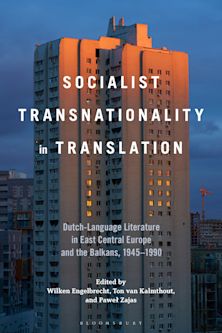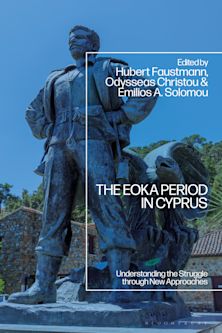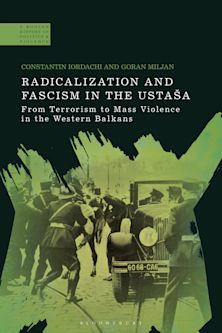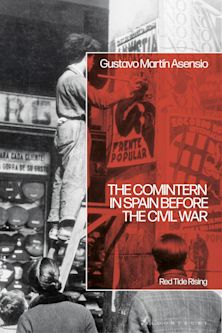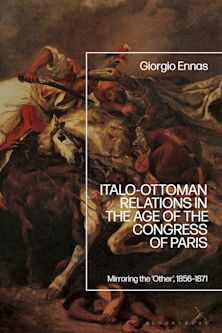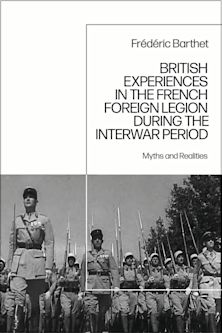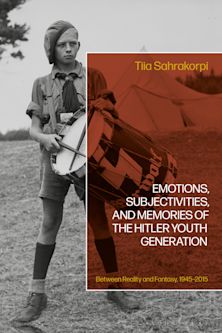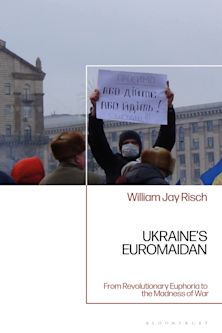- Home
- ACADEMIC
- History
- European History
- Redrawing Nations
Redrawing Nations
Ethnic Cleansing in East-Central Europe, 1944-1948
Philipp Ther (Anthology Editor) , Ana Siljak (Anthology Editor) , Arnd Bauerkamper (Contributor) , Benjamin Frommer (Contributor) , Eagle Glassheim (Contributor) , Stanislaw Jankowiak (Contributor) , Marek Jasiak (Contributor) , Krystyna Kersten (Contributor) , Jerzy Kochanowski (Contributor) , Claudia Kraft (Contributor) , Mark Kramer (Contributor) , Bernard Linek (Contributor) , Zdenek Radvanovsky (Contributor) , Rainer Schulze (Contributor) , Orest Subtelny (Contributor) , Manfred Wille (Contributor)
- Textbook
Redrawing Nations
Ethnic Cleansing in East-Central Europe, 1944-1948
Philipp Ther (Anthology Editor) , Ana Siljak (Anthology Editor) , Arnd Bauerkamper (Contributor) , Benjamin Frommer (Contributor) , Eagle Glassheim (Contributor) , Stanislaw Jankowiak (Contributor) , Marek Jasiak (Contributor) , Krystyna Kersten (Contributor) , Jerzy Kochanowski (Contributor) , Claudia Kraft (Contributor) , Mark Kramer (Contributor) , Bernard Linek (Contributor) , Zdenek Radvanovsky (Contributor) , Rainer Schulze (Contributor) , Orest Subtelny (Contributor) , Manfred Wille (Contributor)
- Textbook
For information on how we process your data, read our Privacy Policy
Thank you. We will email you when this book is available to order
Buy from Bloomsbury eTextBooks
You are now leaving the Bloomsbury Publishing website. Your eBook purchase will be with our partner https://www.vitalsource.com.
Your credit card statement will show this purchase originating from VitalSource Technologies. They will also provide any technical assistance you might require.
You must sign in to add this item to your wishlist. Please sign in or create an account
Description
After World War II, some 12 million Germans, 3 million Poles and Ukrainians, and tens of thousands of Hungarians were expelled from their homes and forced to migrate to their supposed countries of origin. Using freshly available materials from Polish, Ukrainian, Russian, Czechoslovak, German, British, and American archives, the contributors to this book provide a sweeping, detailed account of the turmoil caused by the huge wave of forced migration during the nascent Cold War. The book also documents the deep and lasting political, social, and economic consequences of this traumatic time, raising difficult questions about the effect of forced migration on postwar reconstruction, the rise of Communism, and the growing tensions between Western Europe and the Eastern bloc. Those interested in European Cold-War history will find this book indispensable for understanding the profound-but hitherto little known-upheavals caused by the massive ethnic cleansing that took place from 1944 to 1948.
Table of Contents
Chapter 2 Introduction
Chapter 3 A Century of Forced Migration: The Origins and Consequences of Ethnic Cleansing
Part 4 Part I: Creating a Polish Nation-State
Chapter 5 Forced Migration and the Transformation of Polish Society in the Postwar Period
Chapter 6 "Cleansing" Poland of Germans: The Province of Pomerania, 1945-1949
Chapter 7 Who Is a Pole, and Who Is a German? The Province of Olsztyn in 1945
Chapter 8 De-Germanization and "Re-Polonization" in Upper Silesia, 1945-1950
Chapter 9 Gathering Poles into Poland: Forced Migration from Poland's Former Eastern Territories
Chapter 10 Expulsion, Resettlement, Civil Strife: The Fate of Poland´s Ukrainians, 1944-1947
Chapter 11 Overcoming Ukrainian Resistance: The Deportation of Ukrainians within Poland in 1947
Part 12 Part II: Retribution and Expulsion in Czechoslovakia
Chapter 13 The Mechanics of Ethnic Cleansing: The Expulsion of Germans from Czechoslovakia, 1945-1947
Chapter 14 To Prosecute or to Expel? Czechoslovak Retribution and the "Transfer" of Sudeten Germans
Chapter 15 The Social and Economic Consequences of Resettling Czechs into Northwestern Bohemia, 1945-1947
Part 16 Part III: German Refugees and the New German States
Chapter 17 Compelling the Assimilation of Expellees in the Soviet Zone of Occupation and the GDR
Chapter 18 Social Conflict and Social Transformation in the Integration of Expellees into Rural Brandenburg, 1945-1952
Chapter 19 The German Refugees and Expellees from the East and the Creation of a Western German Identity after World War II
Chapter 20 Conclusion
Product details
| Published | Nov 13 2001 |
|---|---|
| Format | Ebook (PDF) |
| Edition | 1st |
| Extent | 1 |
| ISBN | 9798765179598 |
| Imprint | Rowman & Littlefield |
| Series | The Harvard Cold War Studies Book Series |
| Publisher | Bloomsbury Publishing |
About the contributors
Reviews
-
Powerful. . . . These compelling essays . . . incorporate new archival researches and transnational historiographic reflection, and the authors consistently underscore the broader implications of the expulsion, resettlement, and awkward integration of millions of people for our understanding of nation building and global political strategies.
Choice Reviews
-
Redrawing Nations offers a useful overview of a difficult part of the Cold War puzzle, thanks to two excellent introductions and several highly instructive essays.
Padraic Kenney, Journal of Cold War Studies
-
One of the first comprehensive English-language histories of the ethnic cleansing of Germans, Poles, and Ukranians in Eastern and Central Europe at the end of World War II. This collection of well-researched essays thoroughly covers the cruel, vindictive, and oftern violent transfer of populations, in which millions of people lost their homes, their posessions and their lives. Redrawing Nations is a significant book on an important subject.
Journal of Military History
-
A terrific compendium. There is nothing like this important and extremely useful book available in English. The archival work is pioneering, and the insights gleaned from the archives help us all understand better the much-underrated significance of the issues related to the deportation of Germans, Ukrainians, and Poles from their homelands in post-World War II East-Central Europe.
Norman Naimark, Stanford University
-
The book should be read not only by contemporary historians and students of nationalism, but also by students of literature concerned with the subterfuges of Social Realism, and by politicians who want to comprehend better the present political unease of east central Europe. Redrawing Nations will deservedly become a standard text.
Slavic Review
-
...fine and highly welcome compendium.
Holocaust Studies: A Journal of Culture and History












